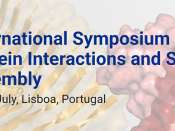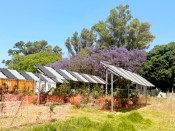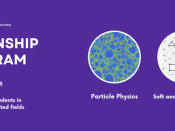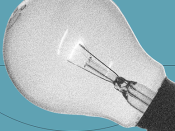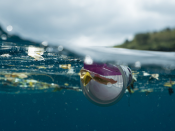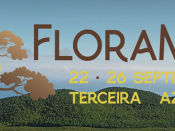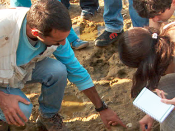Por Emily Rolfe Grosholz [Vencedora do Prémio Internacional Fernando Gil (Edição de 2017) e autora de Starry Reckoning: Reference and Analysis in Mathematics and Cosmology].
Scientific language used in the study to elaborate and systematize abstract thought is often very different from language used by scientists working in the laboratory, field and observatory. Texts that announce important ideas, bringing two or more spheres of activity into intelligible relation, are therefore typically heterogeneous and multivalent. But philosophers who begin with logic, as we have noted, seem to assume either that the reports of empirical observation can be re-written in the same formalized idiom as the first principles of the scientific theory, because they are ultimately deducible within the theory, or that they can be re-written as a structure that corresponds isomorphically to the theory. Assumptions about the logical homogeneity of scientific discourse have not been directly challenged by philosophers known for other kinds of challenges to logical positivism, like Kuhn, Popper, Van Fraassen and Kitcher. Philosophers of science need to ask new questions that bring the work of combination itself into focus. Is there a useful taxonomy of strategies of combination across mathematics and the sciences? How does it contribute to the growth of knowledge?
In this presentation, I focus on these two questions, and illustrate my reflections on them by referring first to Newton’s Philosophiae Naturalis Principia Mathematica, the Principia, and then to the ensuing debates about the structure of the solar system and, later, of galaxies and the cosmos. My intention is to show how models of the solar system, our galaxy and closest galaxy-neighbor Andromeda, and our cosmos have historically proved to be composites: in order to be effective, they must combine analytic and referential modelling in an uneasy but fruitful unity. We need a thoughtful account of the variety of strategies that scientists use to construct such composite models. The relative stability of successful models makes scientific theorizing possible; and the residual instability (which no logician can erase) leaves open the possibility of further analysis and more accurate and precise reference. Models are revisable not only because they are “approximations” that leave out information, but also because they must combine both reference and analysis. To inquire into the conditions of intelligibility of formal or natural things, we may decompose them in various ways, asking what components they have and how those components are related, or asking what attributes go into their complex concepts. We can also ask what laws they satisfy. But in order to refer properly to a thing or system, we have to grasp it first as what it is, a whole relatively stable in time and space, its unity governing the complex structure that helps to characterize it. Things and systems - both natural and formal - have symmetries and (since periodicity is symmetry in time) so do natural processes! Galaxies and solar systems as they rotate exhibit symmetries and periodicities that are key to understanding what they are and how they work. Thus the shape (in space and time) of a system or thing is not, as Aristotle once claimed, a merely accidental feature. On the contrary, symmetry and periodicity are a kind of generalization of identity; they are the hallmark of stable existence. Symbolic modes of representation seem to be most useful for abstract analysis, and iconic modes of representation for reference: a representation of shape is often an important vehicle for referring. This is an over-simplification, however; tabulated data and data displayed to exhibit (for example) linear correlations have both symbolic and iconic dimensions, and most icons come equipped with indices that relate them to symbolic notation. Thus we should expect models to be both symbolic and iconic. And then it is rewarding to ask, how do those modes of representation interact, on the page and in thought?




